Starting this week, Vancouver is going to be hosting one of the most important marine conservation events in the world–and West Coast Now will be on the ground to cover it.
It’s called the International Marine Protected Areas Congress, but most people refer to this year’s event simply as IMPAC5. It’s taking place from February 3rd to 9th.
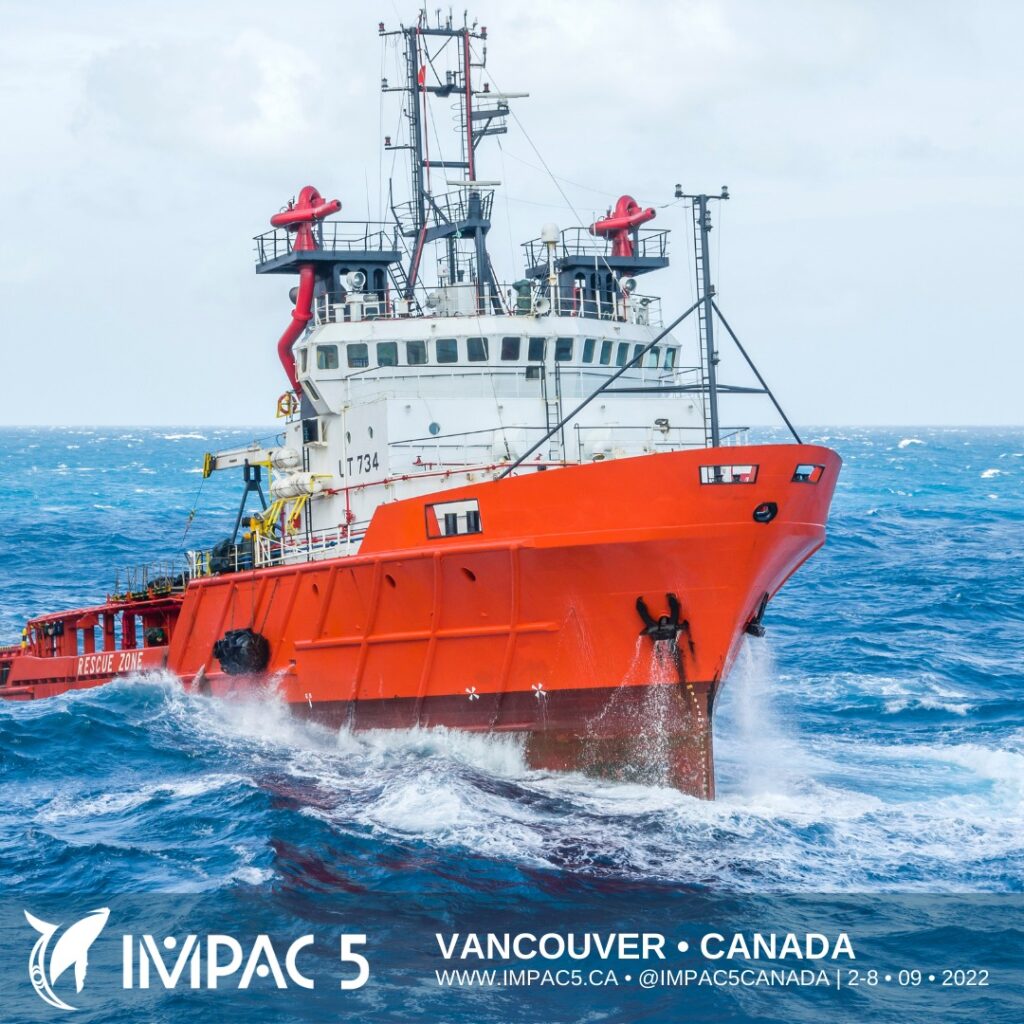
People who live and work on the B.C. coast, Indigenous leaders, scientists, and elected officials will be front and centre.
We’re sending a reporting team to IMPAC5 for the full duration of the conference because we believe that the decisions and topics discussed there could impact B.C.’s coast for decades to come.
Why is IMPAC5 so important?
It was barely front-page news at the time, but last year in Montreal more than 196 countries including Canada agreed to the Kunming-Montreal Global Biodiversity Framework (GBF) with signees committing to protect 30 percent of the planet’s lands, oceans, coastal areas, and by the year 2030.
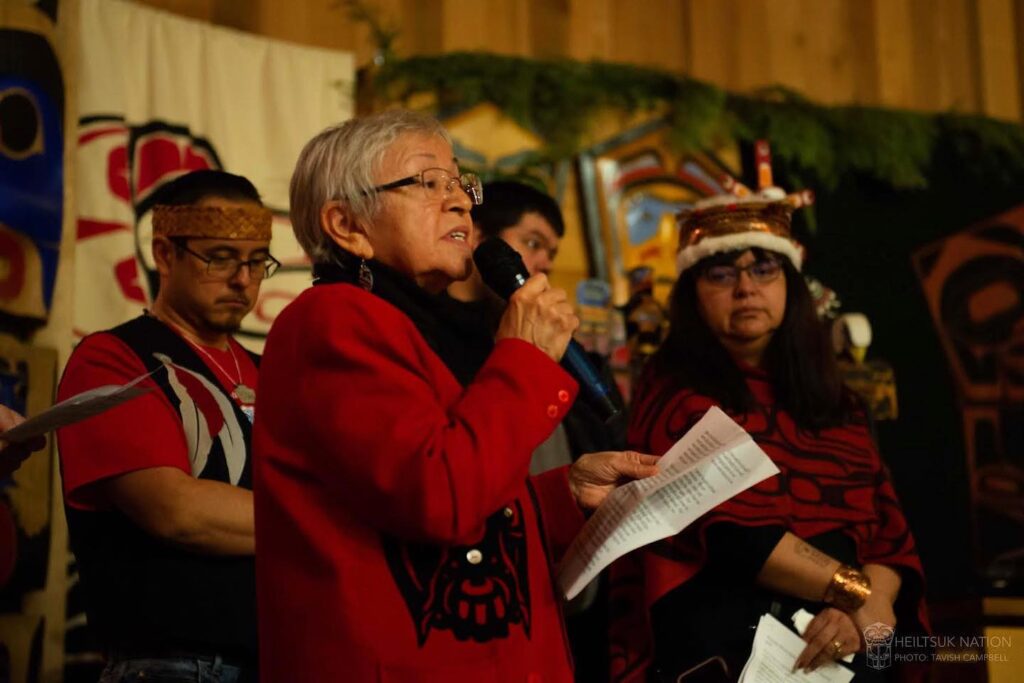
According to the WWF, the GBF could be a big step toward addressing a sixth mass extinction that’s being driven by humans.
At IMPAC5, decision-makers will be discussing how to take that lofty conservation goal and turn it into a reality on oceans and coastlines all across the world.
What does this have to do with BC?
Right now one of the world’s biggest ocean conservation stories is taking place in our province.
Led by a group including First Nations and representatives of the B.C. and federal governments, there is an effort to create more than 30,000 square kilometers of marine protected areas in a region stretching from northern Vancouver Island to the southern tip of Alaska. Consultations on the plan, which took place in communities up and down the B.C. coast, wrapped up late last year.
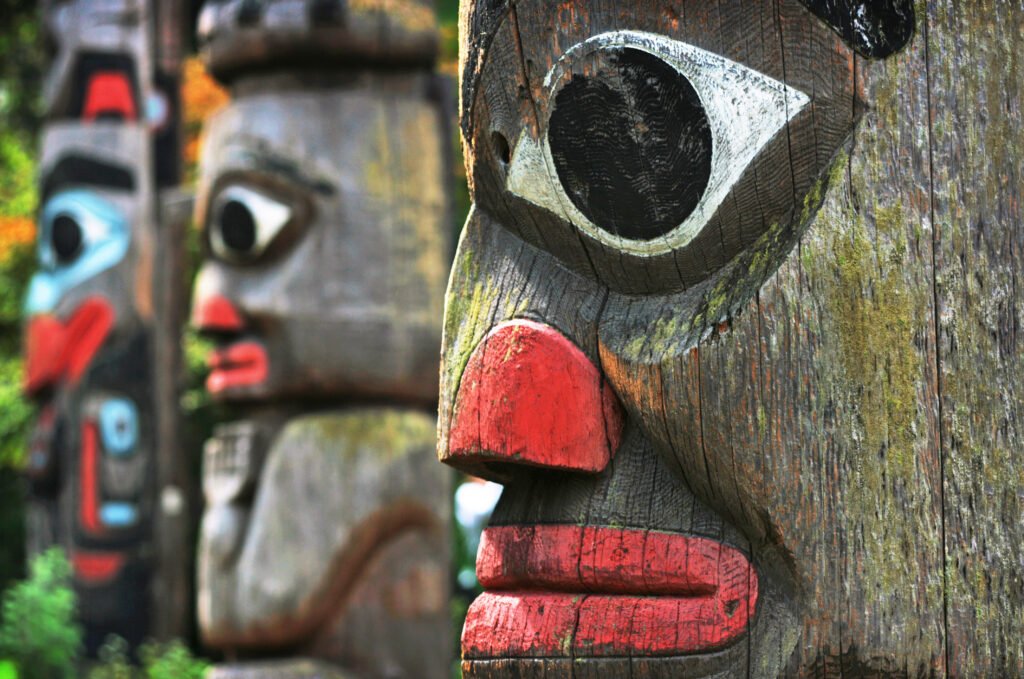
This is likely to be one of the major topics discussed at IMPAC5, especially given that the federal government has recently promised $800 million to support conservation efforts across B.C. and the country.
That money will complement work the province has been doing on coastal planning since 2011, completing five regional resource mapping exercises in co-operation with First Nations and launching its own coastal marine strategy. The next stage is agreement on the Network Action Plan to move forward on marine conservation and economic development.
What is a marine protected area?
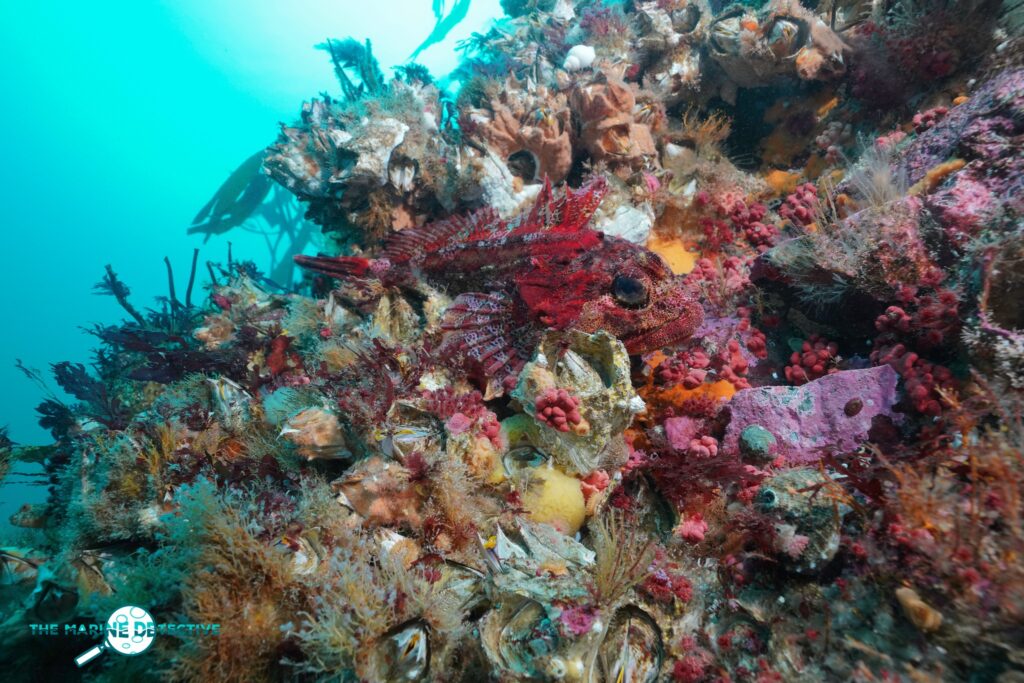
These are areas, also known as MPAs, where crucial fish habitats are protected from large-scale industrial activities and poaching. Some studies have shown that this approach can reverse the destruction of ocean ecosystems while also making local fisheries more abundant and productive.
Last fall, West Coast Now travelled to Kitasu Bay off the central coast of B.C. to learn about a marine protected area created by Kitasoo/Xai’Xias Nation. “I don’t think you need to be a rocket scientist to know that if you protect areas, stocks will continue to rebuild,” Elected Chief Doug Neasloss told us. (Watch a video from our trip here).
What do BC fishermen think about marine protected areas?
There is a diverse range of opinions among fishermen and fishing communities about MPAs, but everyone agrees that conservation can’t come at the expense of jobs, and that decisions about protecting areas should be informed by the locals who actually live here.
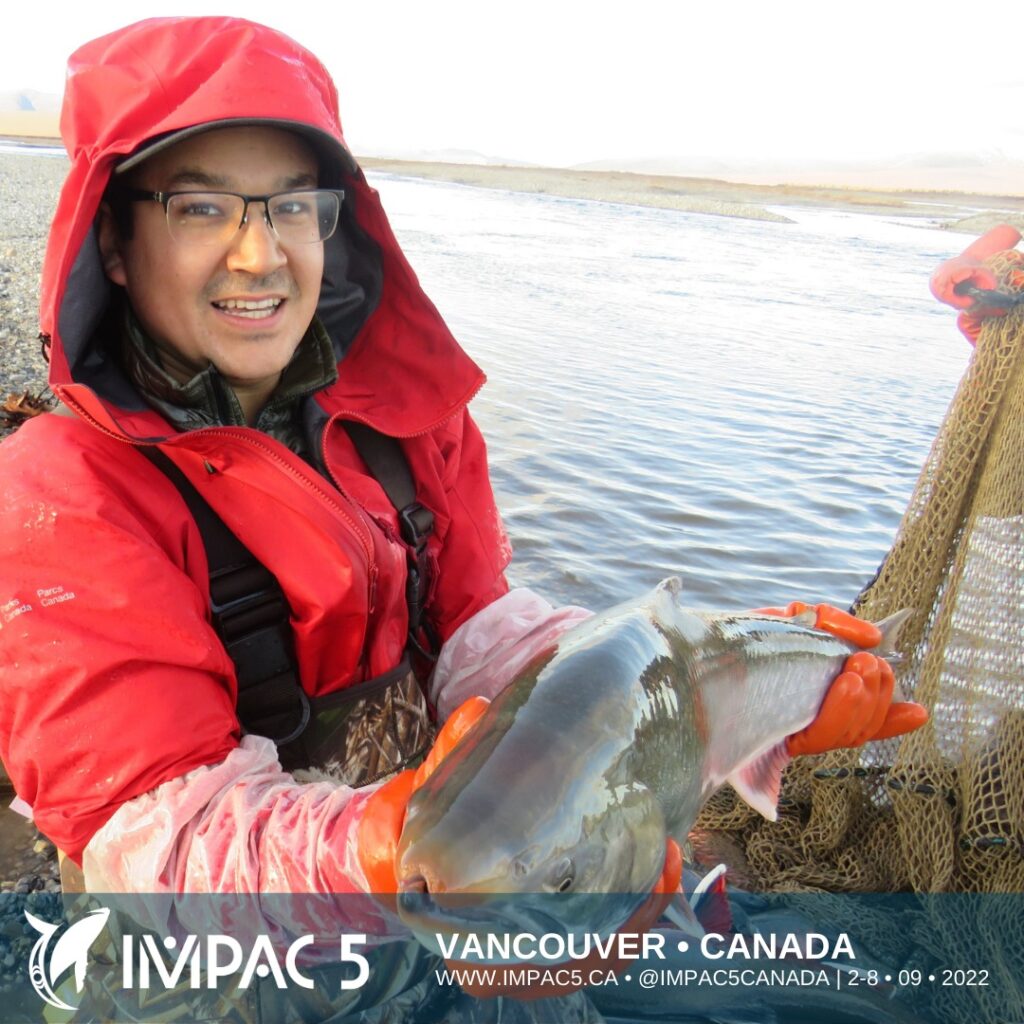
“Our people are conservative-minded,” Penny White, a Senior Fisheries Biologist with Lax Kw’alaams told West Coast Now. “You ask anybody and they’re like, ‘protect everything’. But they also want to make sure that they have a livelihood.”
Striking the balance between conservation and economic prosperity is always tricky. We’ll be looking to understand how that might work.
Who’s going to be at the IMPAC5 conference?
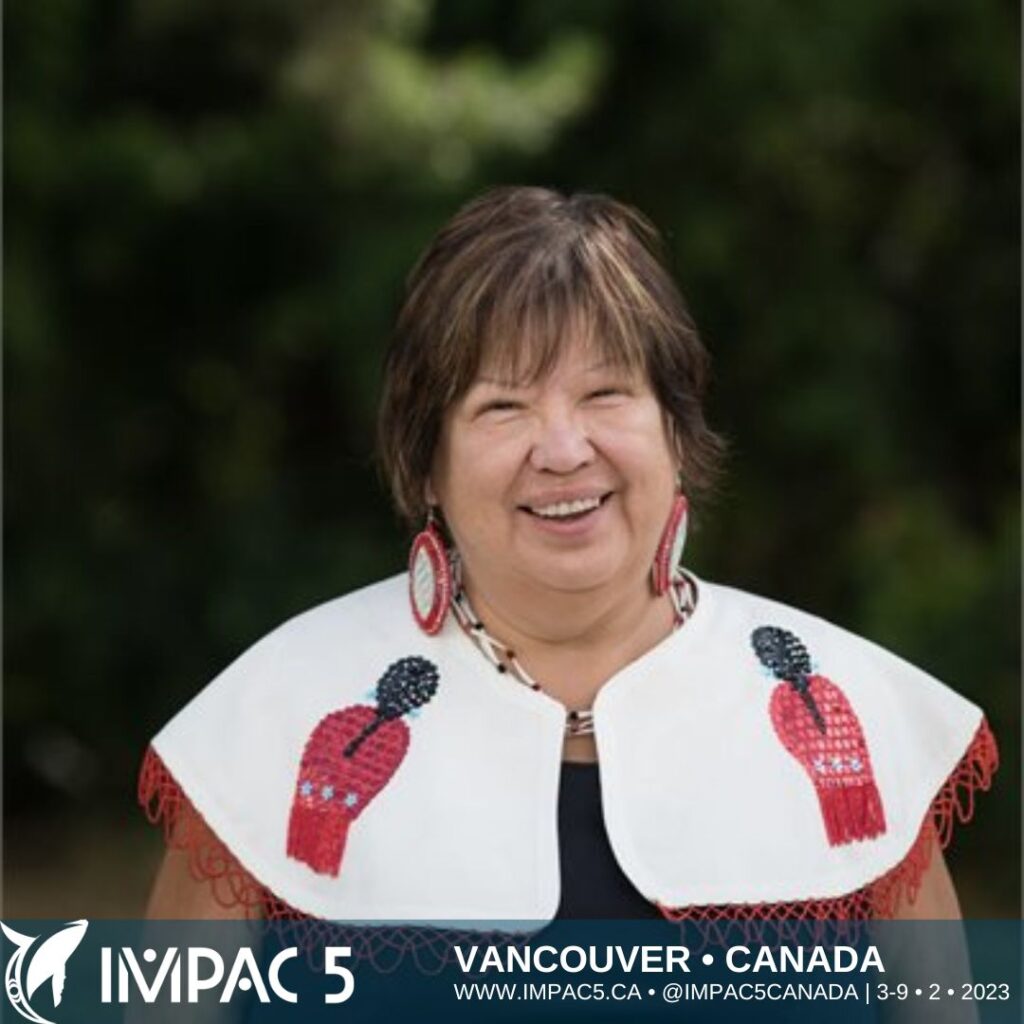
The event will be attended by thousands of people from across the globe who have an interest in keeping oceans and fish stocks healthy.
There will also be many attendees from B.C., including keynote speaker Judith Sayers, the President of the Nuu-chah-nulth Tribal Council and Chancellor of Vancouver Island University, as well as young leaders from the Haida and Gixsan Nations, and many others who live and work on the coast.
Another local keynote speaker is the University of British Columbia fisheries scientist Daniel Pauly, who recently told West Coast Now that “the stuff that is happening to our world, this massive destruction of biodiversity, is something that no one should not accept.”
So be sure to stay tuned to West Coast Now as we cover this important event.





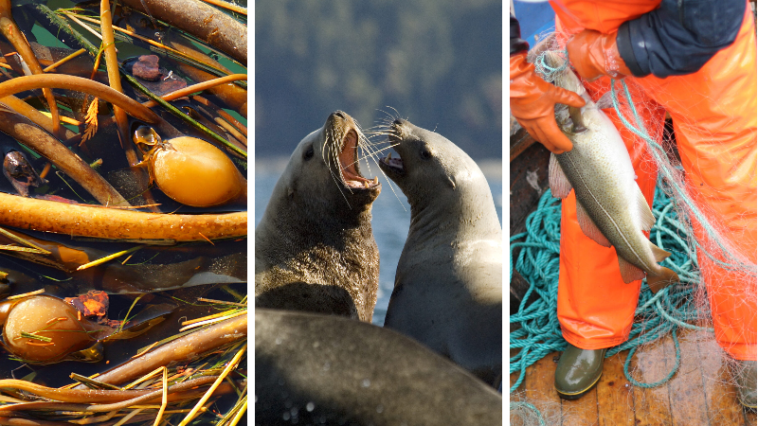
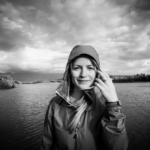
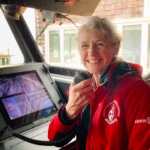
12 Comments